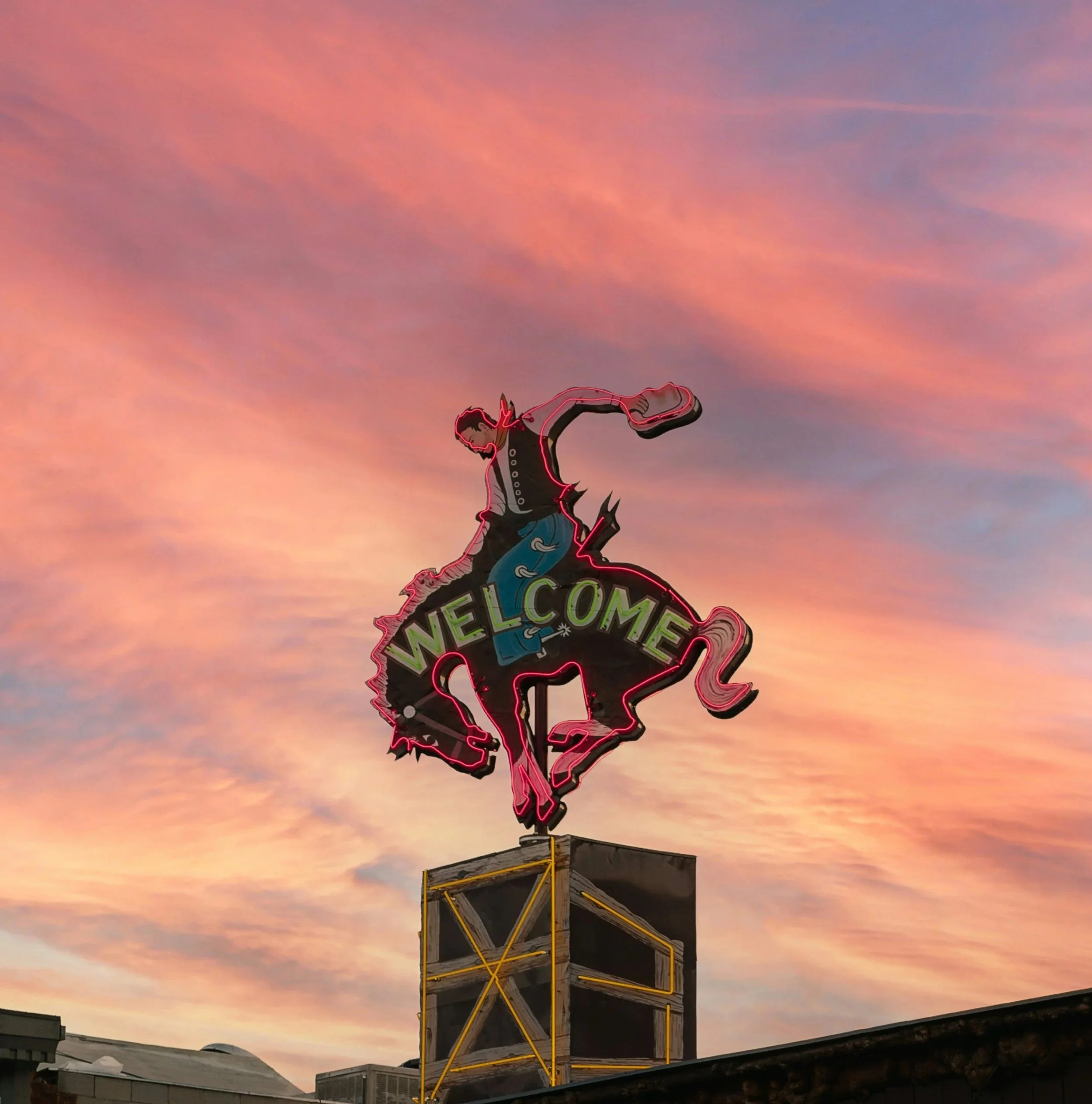To the Protagonist of a Too Short Story

I lost you in a rest area on US Route 17 in Upstate New York. The building’s major architectural element was a windowed cupola in the ceiling. Under it, a large hexagonal atrium was lined with an Auntie Anne’s Pretzels, a McDonald’s, and a Sbarro. Families lined up to buy food and ate it at tables topped with red laminate. The white tiles on the floor were streaked with gray.
We called you the Sesame Seed, because that was how big you were. This was very early on, but already we had begun to make space for you in the future. Driving to Ithaca, I practiced singing along to Beatles songs on the radio. I imagined you singing with me. Then I imagined you embarrassed by my tunelessness. I enjoyed your embarrassment. It felt like an established trope. You were a very convenient baby, scheduled to arrive in March, when my 12 weeks of maternity leave would connect seamlessly with my 10 weeks of summer holiday.
The blood was a thick schmear of crimson on a wad of toilet paper. I had been spotting for several days, but always brown, dried-up blood, which, according to the Internet, was not a cause for concern. But this was fresh blood, blue with oxygen, roughly textured, like an illuminated letter. I knew what it meant. The stall doors and walls were painted black, little cubicles of polite inattention. Outside, automatic faucets turned on and off. Hand dryers drowned out speech. I felt protected by the setting, which seemed to place me firmly in the universe of an early Barbara Kingsolver short story. It seemed possible that grief could be held at bay by formal structures. Also, I was worried about your father. In the main hall, I took his arm and told him what had happened. At first he didn’t understand. We had been in one story. Now we were in a different one.
The first story began on Atlantic Avenue. Waiting for the light to change, my eyes seemed to catch the particulates until I couldn’t see. I crossed the street blindly, waving my arms at traffic. I bought a test at Duane Reade, and after five minutes, there was a blue cross instead of a horizontal line. I sent your father the photograph from my phone: a plus instead of a minus. I slept heavily in the afternoons. I felt my uterus shift and flex. My breasts no longer fit inside my bra. I told your father these things and he listened. As you and I fumbled empirically inside my body, he lived in a world defined by language. I was the intermediary, the witness, the one who turned lived experience into transmissible symbols. He took you at my word.
Now the story had turned into a dream story, the kind that ends when the protagonist wakes up, the kind, I tell my students, that makes me feel angry and betrayed as a reader, because I have invested my emotional energy in something that doesn’t exist.
Your father looked over my head at a display case filled with scratch-off lottery tickets. “I really need you to drive,” he said.
In the lot, he gave me the keys. I filled the car at the gas station and drove us home. The highway unrolled between the mountains. The hoods of the cars ahead of us reflected the sun back against my eyes. We drove through the Delaware Water Gap, beside the river, below the trees. Blood dampened my blue linen pants. I let your father out at the house and found a parking spot on our street. The DVR had not recorded the World Cup final. We sat in front of the empty television in the living room. I drank a glass of white wine to give you something to live for, but you were already beyond temptation, beyond conflict, beyond change.
ABOUT THE AUTHOR
Carlynn Houghton earned her MFA from the University of Iowa Writers' Workshop. She is a recipient of the Michener-Copernicus Fellowship, and a teacher of Upper School English at the Chapin School in Manhattan. She’s a lover of Marrakech, but firmly discourages against honeymooning in Cairo.
Photo by Doug Kerr










